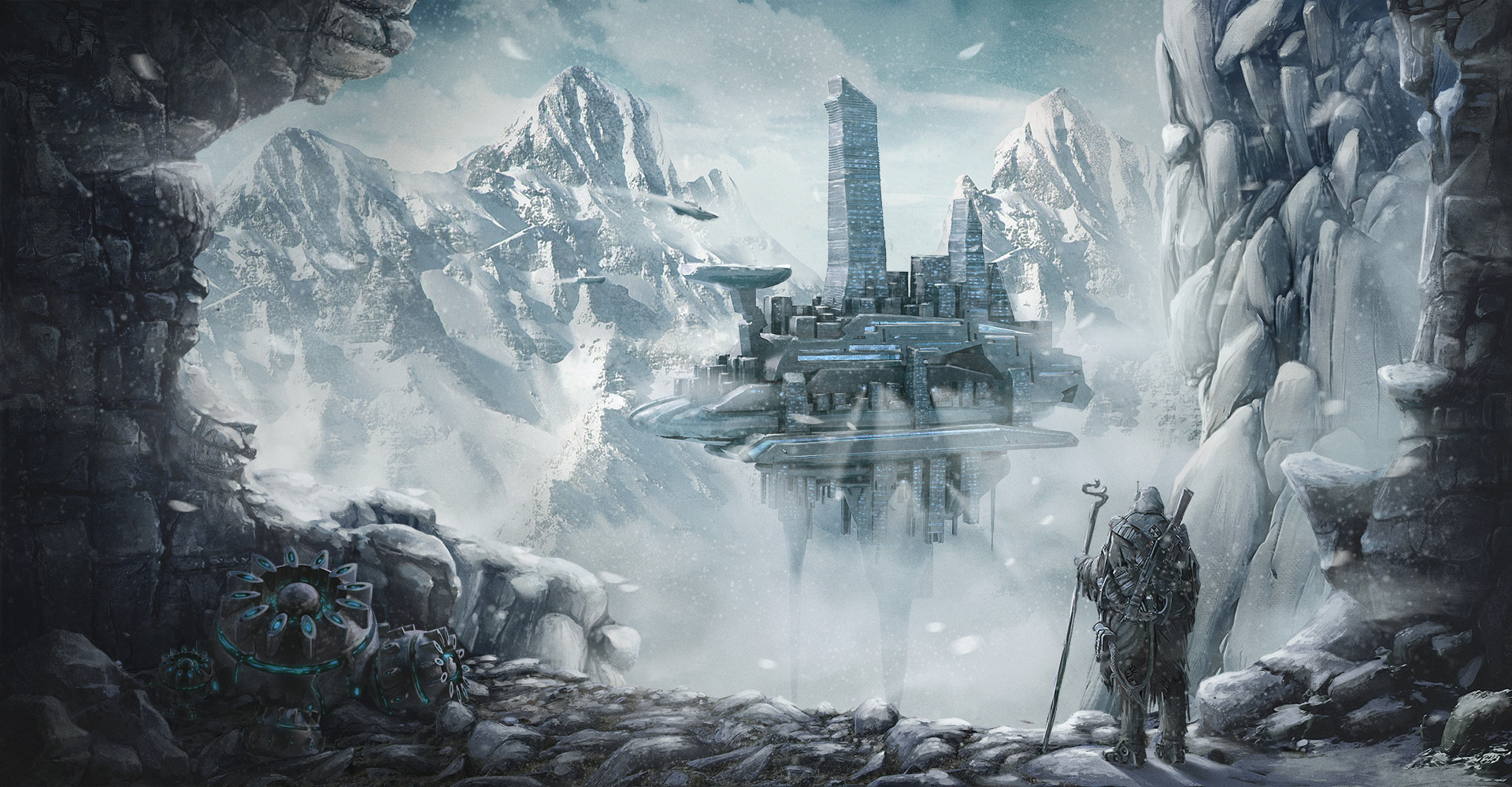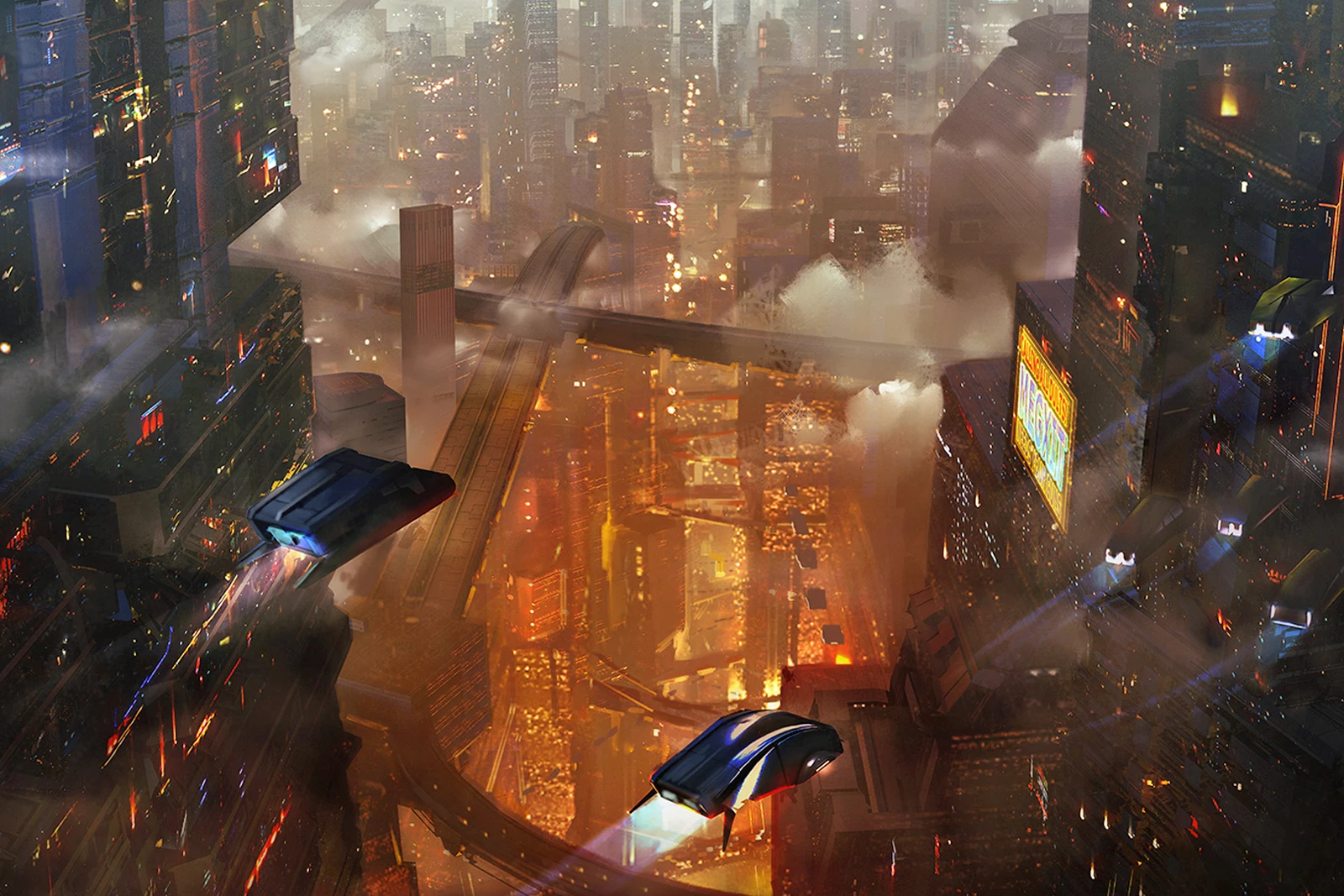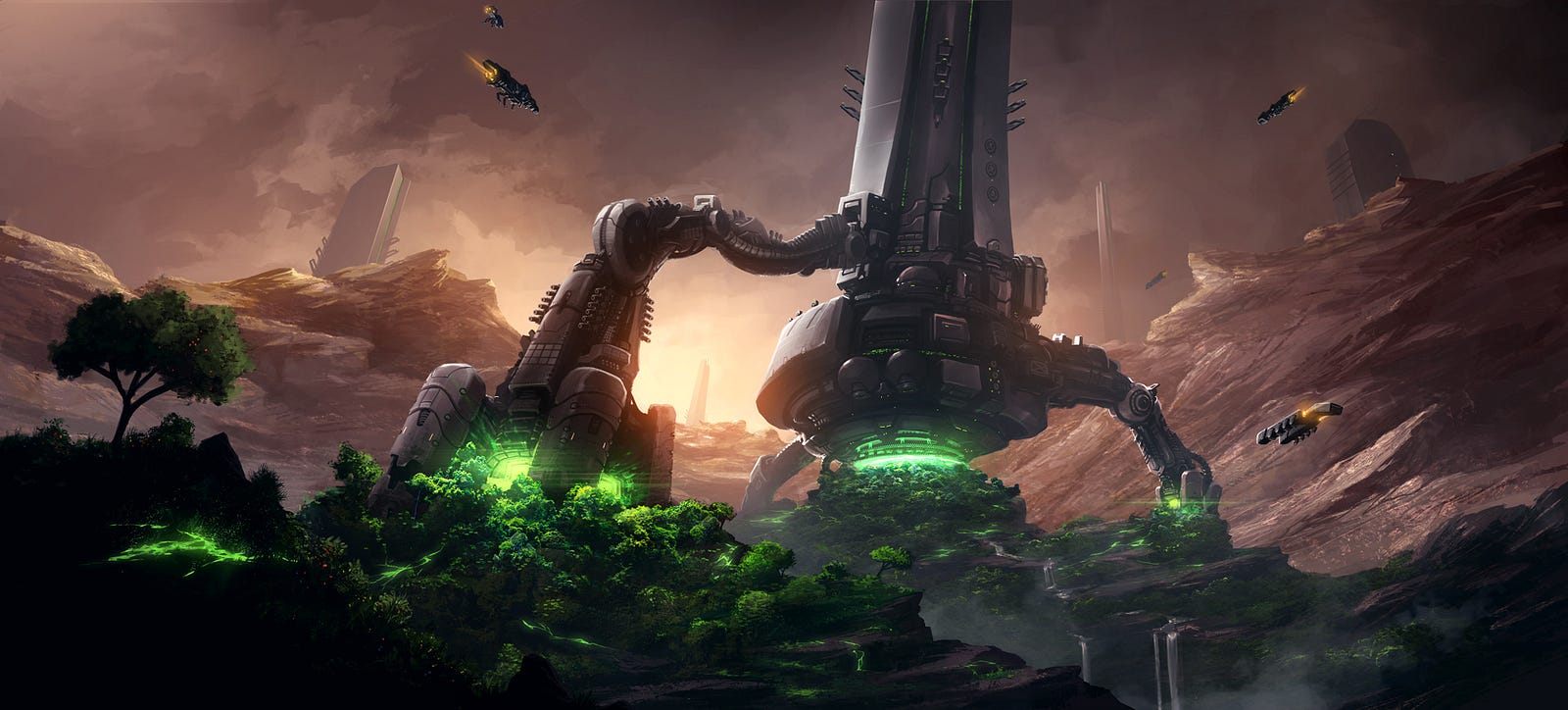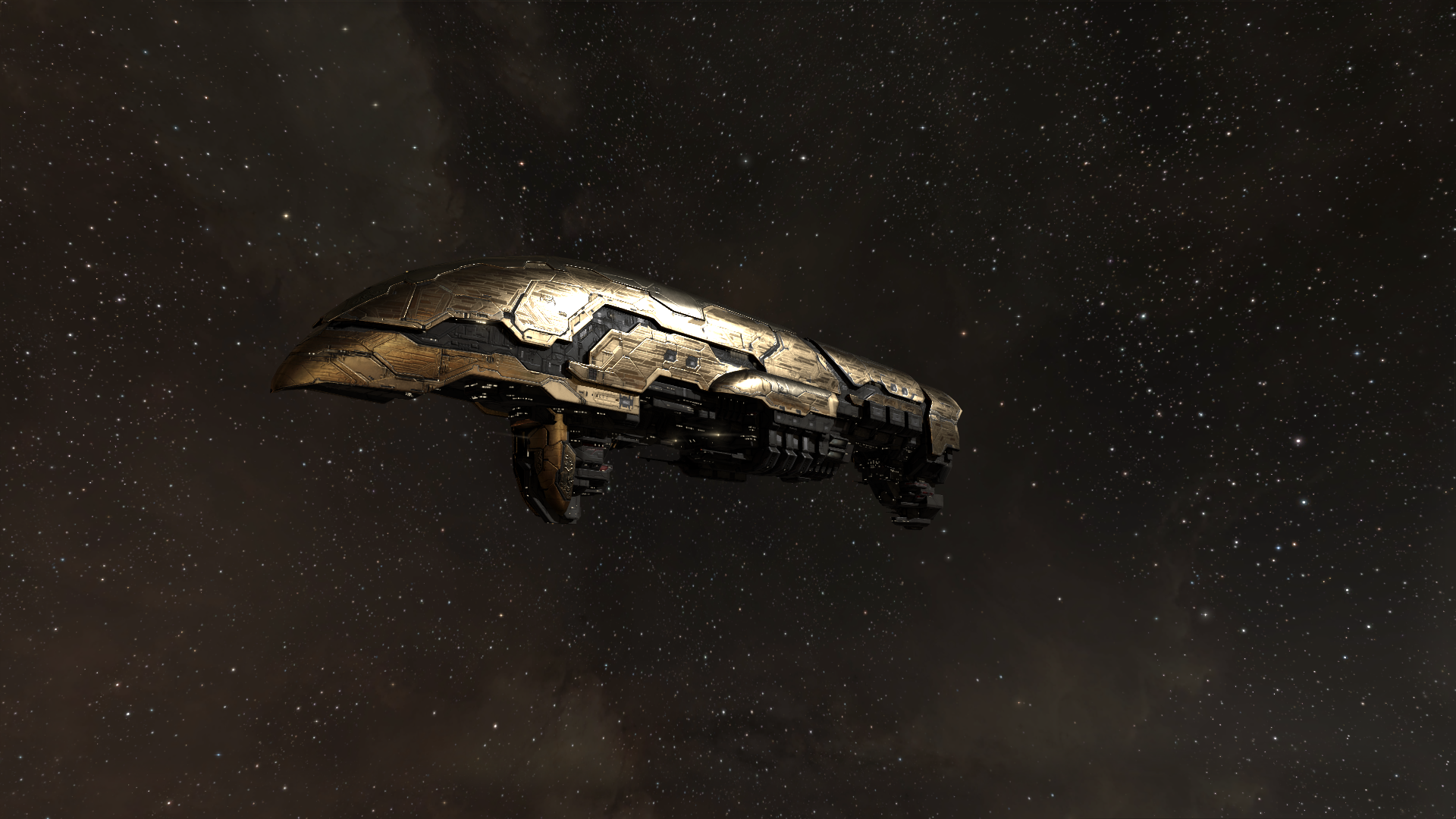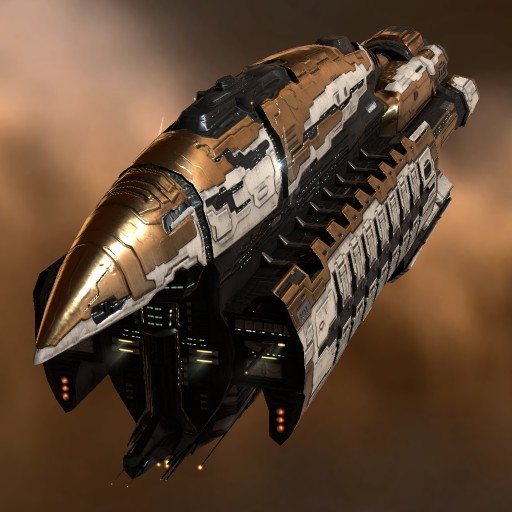Tentatively interested
Tortoise
 Member
Member
†
STATUS: Sad to say I'm currently experiencing Writer's Block. Luckily I learned Writer's Kung Fu and I can chop the block in half with my hands like Bruce Lee 10 mos ago- Last Seen: 15 hrs ago
- Joined: 8 yrs ago
- Posts: 996 (0.33 / day)
- VMs: 2
-
Username history
- Tortoise 4 yrs ago
- █████ 8 yrs ago
-
Latest 10 profile visitors:
-
Most recent →
 Sylvan,
Sylvan,
 Expendable,
Expendable,
 MrSkimobile,
MrSkimobile,
 Timemaster,
ppppppppp,
Timemaster,
ppppppppp,
 Izurich,
Izurich,
 Abstract Proxy,
Abstract Proxy,
 Vixere,
Vixere,
 PrinceAlexus,
PrinceAlexus,
 Fetzen
Fetzen
Status
Recent Statuses
10 mos ago
Current
Sad to say I'm currently experiencing Writer's Block. Luckily I learned Writer's Kung Fu and I can chop the block in half with my hands like Bruce Lee
8
likes
11 mos ago
Why is the sun like bread? It rises in the yeast, and sets in the waist. Haha! Isn't that so cute? Join my RP or more puns will come.
8
likes
1 yr ago
What's the difference between a Hollywood actor and a piece of driftwood? One is Justin Timberlake. The other is timber, just in a lake. Hahathisiswhati'mdoinginsteadofwriting
4
likes
1 yr ago
Hey, folks: I've just kicked off an RP, a fantasy where you can worldbuild as much as you can adventure. So if, like me, you like worldbuilding nearly as much as writing, check out Pilgrim's Caravan
1
like
3 yrs ago
That moment when losing a character in a rougelike makes you want to shed tears. No backup. It's gone.
4
likes
Bio
Current RP I want you to join: roleplayerguild.com/topics/191461-car…
Hey y'all. I've been at this for about 10 years, and I've played a lot of kinds of RP. I like fantasy and sci-fi the most, just because they give me the most to play around with, but I'm cool with almost anything. I just like writing.
Hey y'all. I've been at this for about 10 years, and I've played a lot of kinds of RP. I like fantasy and sci-fi the most, just because they give me the most to play around with, but I'm cool with almost anything. I just like writing.
Most Recent Posts
In
Orbis: The Liberation of Gyrland, A ground based Mecha RP
→
1 yr ago
Forum: Casual Interest Checks
Teeken stood on a rocky outcropping just outside of the Nest, and looked out into a desert with more than human eyes. Her eyes were evolved for night and distance. She saw, she swore on some clear and sharp times, almost to the bending of the world, and past it into the void of space, where long before the supplanters had come. But this was not really possible. Her sight, specialized and focused as it was, did not see quite so far. Even on the very clearest and sharpest night, when she'd freshly eaten little brother and slept plenty the day before, the furthest her eyes saw was to the outskirts of the city the humans called Neo London, where it sat fat and sleeping on the horizon. Teeken did not know this is what it was called. In the half-spoken, half-pheromonal language of her species, the Ura'eek, this city was named The Place Where Sickness Landed.
Teeken was a native to Gilt, and one of the few still alive.
She was young. She was old, by human standards. But she was young for an Ura'eek, only seventy. She'd lived in this place her entire life, for the Ura'eek only migrate when it's time to reproduce, and her Season has never come. It should have come by now and this worries her deeply. It troubles her enough to pull her constantly, like tonight, out of the tunnels and shallow caves her clan lives in and make her take the long crawl to the surface and gaze pointlessly at a poison city on the horizon. Deep down, she thinks, she blames them. The word "human" is not in the Ura'eek vocabulary; none of them have ever spoken to a human face-to-face, and this one only knows awful rumors about what they look like. Teeken has a close friend (who also happens to be her mother- but that's hardly important) who says that the supplanters are huge, four-limbed mutants. She says they're missing shells so they have to make a second layer of skin to wear. She says they can speak to your blood and change your shape into something else. She says they were born in the stars the day the gods spilled poison onto the night sky, made by accident. The word 'poison' always comes up when the supplanters are talked about. In Ura'eek language, the pheromones they release play as much of a role as the spoken sounds, so no exact translation can be made for anything they say. But the closest rendering of the Ura'eek word for humans might be The Poison-Breathers That Fell Out of Night and Take.
She let her black carapace feel the desert wind. Her eight legs twitched with pleasure.
An odd sensation struck her. Something was wrong. She isn't sure which sense told her, "look up," but one did, and she obeyed, and in the tapestry of the night sky she suddenly saw something opening up which was a terror to her kind. It was a myth, a rotten omen. The Sun At Blind Midnight was suddenly shining over her head, the same one that her forebearers saw three centuries before which had heralded the coming of the Poison-Breathers. It was too much brighter than the day sun. Her sensitive eyes went blind, and she thrashed. She lost all her oreintation and screamed. She understood its name. Across the city of Neo London, humans would be looking up and saying "It's the Gateway! It's open!" But here Teenek was horrified. Her first thought: What did I do to have to be the first one to witness this?
It would be her job to tell the others in her nest. She would be renamed by it. Seeing something so big and mythical, it would become her identity in the eyes of the others. They might kill her. A Mouth Bringing Bad Things.
What did I do to deserve this?
She wanted to pray. The gods heard the Ura'eek. But in all the writings, the gods had never heard just one of them. Prayer was a communal thing, something you did with your nest. It required hours and the use of your bodies, as you danced and spun around each other in special patterns that signified your needs, leaving traces in the sand. She knew the patterns by heart. But she could not go to face her nest now, with this black news in her stomach. She needed... she did not know, but she needed something first. Something she could bring them so they would not be angry with her for witnessing this.
Taneek's sight was slowly coming back to her. So she crawls from her rock perch and lets her legs sink into the sand. It's course, and rough, and it'll stick to her when she returns. This place here- outside of the cave system they nest in- is where the rituals usually take place, with a minumum of a hundred participants. The gods do not hear one. Still, Taneek walks herself into a wide place, and begins the ritual motions. She dances as if there are partners there when she knows there are not. She dances with her imaginary clan, and hope the gods take pity. Alone, one alien spider spinning under a sighing and pained sky. A prayer. The waves and bends of her body are a plea for help. The gods, the teachers, let them show us another way, let them restore what is lost, let them make new again what is old, let them, let them, let them...
---
"What have you learned?" a gentlemen representing Oldwell Conglomerate leaned back in a leather chair. He was tired, but invested in this conversation. He had let this professional spy into his Rainbow onboard apartment to hear it.
"Most signals around here are encrypted," the corporate spy answered, "but there's a few juicy bits you can pick up on that aren't too protected. And the diplomats and politicians are always too willing to talk, of course. The comings and goings of ships are a language all their own." This spy was a sym, one based on a long-gone human. He still wore a layer of synth-skin to look like the dead man who's mind he had.
"What's all that tell you?"
"You're looking to sell weapons, right?"
"Defensive purposes only- stop waffling, sym. Who do you think is going to buy from us?"
The spy hesitated visibly. "Sir, we're still new to this game. Please be patient. But there is one nation- the FRA, Free Republic of Americana. They've been fighting a neverending war with an alien threat for decades, and nobody has a clear enough advantage to win. The aliens took their homeworld, even. But nobody is getting any further than that. Stalemates create desperation."
"I heard about that, I think. You have reason to suspect they'd want an edge?"
"If I may?"
"You may."
"I have reason to suspect them and the aliens both would. Their weapons are probably about as advanced than ours, baseline, but I think we can produce faster. I don't believe they have an equivalent to syms nor stamps, and all that makes our labor cost almost nothing. Cheap wins wars, too."
The Oldwell representative's eyes went wide. "Did you just say we might sell weapons to an alien invader?"
The spy shrugged. "I believe I said that we might sell to both."
The representative awkwardly shifted in his seat. But when he failed to say 'no,' the spy prompted: "So, should I begin to draft a message to them, sir? The other corps will need to sign off on this."
Teeken was a native to Gilt, and one of the few still alive.
She was young. She was old, by human standards. But she was young for an Ura'eek, only seventy. She'd lived in this place her entire life, for the Ura'eek only migrate when it's time to reproduce, and her Season has never come. It should have come by now and this worries her deeply. It troubles her enough to pull her constantly, like tonight, out of the tunnels and shallow caves her clan lives in and make her take the long crawl to the surface and gaze pointlessly at a poison city on the horizon. Deep down, she thinks, she blames them. The word "human" is not in the Ura'eek vocabulary; none of them have ever spoken to a human face-to-face, and this one only knows awful rumors about what they look like. Teeken has a close friend (who also happens to be her mother- but that's hardly important) who says that the supplanters are huge, four-limbed mutants. She says they're missing shells so they have to make a second layer of skin to wear. She says they can speak to your blood and change your shape into something else. She says they were born in the stars the day the gods spilled poison onto the night sky, made by accident. The word 'poison' always comes up when the supplanters are talked about. In Ura'eek language, the pheromones they release play as much of a role as the spoken sounds, so no exact translation can be made for anything they say. But the closest rendering of the Ura'eek word for humans might be The Poison-Breathers That Fell Out of Night and Take.
She let her black carapace feel the desert wind. Her eight legs twitched with pleasure.
An odd sensation struck her. Something was wrong. She isn't sure which sense told her, "look up," but one did, and she obeyed, and in the tapestry of the night sky she suddenly saw something opening up which was a terror to her kind. It was a myth, a rotten omen. The Sun At Blind Midnight was suddenly shining over her head, the same one that her forebearers saw three centuries before which had heralded the coming of the Poison-Breathers. It was too much brighter than the day sun. Her sensitive eyes went blind, and she thrashed. She lost all her oreintation and screamed. She understood its name. Across the city of Neo London, humans would be looking up and saying "It's the Gateway! It's open!" But here Teenek was horrified. Her first thought: What did I do to have to be the first one to witness this?
It would be her job to tell the others in her nest. She would be renamed by it. Seeing something so big and mythical, it would become her identity in the eyes of the others. They might kill her. A Mouth Bringing Bad Things.
What did I do to deserve this?
She wanted to pray. The gods heard the Ura'eek. But in all the writings, the gods had never heard just one of them. Prayer was a communal thing, something you did with your nest. It required hours and the use of your bodies, as you danced and spun around each other in special patterns that signified your needs, leaving traces in the sand. She knew the patterns by heart. But she could not go to face her nest now, with this black news in her stomach. She needed... she did not know, but she needed something first. Something she could bring them so they would not be angry with her for witnessing this.
Taneek's sight was slowly coming back to her. So she crawls from her rock perch and lets her legs sink into the sand. It's course, and rough, and it'll stick to her when she returns. This place here- outside of the cave system they nest in- is where the rituals usually take place, with a minumum of a hundred participants. The gods do not hear one. Still, Taneek walks herself into a wide place, and begins the ritual motions. She dances as if there are partners there when she knows there are not. She dances with her imaginary clan, and hope the gods take pity. Alone, one alien spider spinning under a sighing and pained sky. A prayer. The waves and bends of her body are a plea for help. The gods, the teachers, let them show us another way, let them restore what is lost, let them make new again what is old, let them, let them, let them...
---
Addressing: @Sigma
"What have you learned?" a gentlemen representing Oldwell Conglomerate leaned back in a leather chair. He was tired, but invested in this conversation. He had let this professional spy into his Rainbow onboard apartment to hear it.
"Most signals around here are encrypted," the corporate spy answered, "but there's a few juicy bits you can pick up on that aren't too protected. And the diplomats and politicians are always too willing to talk, of course. The comings and goings of ships are a language all their own." This spy was a sym, one based on a long-gone human. He still wore a layer of synth-skin to look like the dead man who's mind he had.
"What's all that tell you?"
"You're looking to sell weapons, right?"
"Defensive purposes only- stop waffling, sym. Who do you think is going to buy from us?"
The spy hesitated visibly. "Sir, we're still new to this game. Please be patient. But there is one nation- the FRA, Free Republic of Americana. They've been fighting a neverending war with an alien threat for decades, and nobody has a clear enough advantage to win. The aliens took their homeworld, even. But nobody is getting any further than that. Stalemates create desperation."
"I heard about that, I think. You have reason to suspect they'd want an edge?"
"If I may?"
"You may."
"I have reason to suspect them and the aliens both would. Their weapons are probably about as advanced than ours, baseline, but I think we can produce faster. I don't believe they have an equivalent to syms nor stamps, and all that makes our labor cost almost nothing. Cheap wins wars, too."
The Oldwell representative's eyes went wide. "Did you just say we might sell weapons to an alien invader?"
The spy shrugged. "I believe I said that we might sell to both."
The representative awkwardly shifted in his seat. But when he failed to say 'no,' the spy prompted: "So, should I begin to draft a message to them, sir? The other corps will need to sign off on this."
EDIT: Ignore
Starring: Flynn and Ethan
Location: The Yellow Yacht
Onboard the Yellow Yacht, a luxury spaceship of the kind only the wealthiest could afford, a glass of golden champagne fell to the ground, shattered. It spilled into a fine and crimson carpet, an expensive heirloom, and drink mixing with fabric, they made a hideous brown hue. It was ruined. And for the moment, nobody cared. They were busy staring off into space. Literally. Even the stamps- usually tireless, quick- were too stunned by what they were seeing to attend to a mess. There was something more important for once.
They had all gathered around the viewscreen to watch it.
A woman named Molls, the same who had dropped the glass, mumbled with embarrassment "Have you ever seen anything like it?" She didn't know who she was asking, and there was nobody who answered. Her and her sym and her stamps were all huddled in starboard viewing deck and looking out together, into the void of outer space, where among the stars, a second sun was shining. A new one. It was the Gateway: suddenly coming back to life, it looked like a super nova. The void had caught on fire. The people in this grand room, one of them human and the others not, had their mouths hung open in undignified shock.
That's the Gateway, they all realized together. Our Gateway. And its working. It's been three centuries, and its working.
It's strange, how a moment like this blurs all the lines. For the seconds they stood there, all the divisions between them were vanished. They were not Molls, the important Division official, and three of her cyborg-clone servants, and an ingenious sym. They were just five people, stood together, all equally feeling the shock and smallness of watching something so much bigger than them. She nearly imagined that she could feel heat washing over her, radiating out from that portal to a million other worlds. What was out there?
But perfect moments always move forward, and through their viewscreen, they watched the brightness of the Gateway fade down. It demoted itself, from supernova to sun to dim star. It was just another light in an aleady star-dense sky by the time Molls felt a scrubbing sensation near her feet, and realized the stamps were cleaning up the spilled drink. The instant was done. Work was resuming. That, more than anything, made her mind accept that this was real, and that she would, today, have a million things to do.
"Ethan," she said blurrily, "cancel all my appointments. Actually, clear the whole schedule. All of it. For the next week, I don't even want breakfast pre-planned."
"I already did," said Ethan, the sym. He lived inside a tall, humanoid body of yellow steel, and knew Molls' mind better than Molls did. "Except for breakfast. You need to eat breakfast. Also, I already contacted the sym aides to all of the Seven's CEOs and major executives. They will know what has happened shortly."
"What if they don't have a sym aide?"
Ethan scoffed. Ridiculous.
"Right," ceded Molls. Ethan was usually right. "So, they'll know, that's good, and I'll comm with them on that, and..." She looked out again. The Yellow Yacht was a beautiful, rich ship and this was a beautiful, rich room that she stood in, designed for woo-ing corporate executives. It had felt so strange to have it to herself today. Or, relatively to herself. The Oldwell Conglomerate exec she had prepared the ship for cancelled last-minute, and being a Division official and not a corpo herself, she had no real way of changing his mind. The Division couldn't apply pressure, not against a megacorp like Oldwell. So she had planned to instead just sit on one of those soft white couches, watching the stars and talking to Ethan, planning things, while the stamps did... whatever it is that they do. She didn't know. She assumes they'd be doing things, but unless she's about to give a specific order, she never liked to ask. Feels rude.
"Hey," she said to a stamp, still high on the moment. "What are you guys gonna do after this?"
The stamp who answered was a beautiful human-like one with porcelain skin and hyperfocused, rainbow-shaded eyes. She smiled brightly and said, "One of us will have to scrub the ceiling. I saw a drop of your drink go up there."
"Huh. Well, good luck with that."
There was a heavy hand on her shoulder. It was familiar. Ethan said: "I think perhaps now would be time for a nap, Miss Flynn. You will get little sleep in the coming days."
--- --- --- ///---0---\\\ --- --- ---
They had listened first, little AI drones slipped through the Gateway and commanded to stay stealthy. Earth was the first place they went, of course, and what they saw-
The news was wildfire. That not only did humanity live, not only were there other colonies alive, but they had all gathered and formed together into a kind of unit, a large and insane Meeting Place established for Earth's descendants to meet as nations and speak. This was a club the megacorps wanted to belong to. A few more rounds of AI drones slipped through the Gate, gathered up every ounce of information and picked up every broadcast they could which was not encoded, and flew back through before anyone could try to hail them. Information was gathered. With the approval of CEOs and shareholders, if not the general populace, a plan was decided on for how they would approach their fellow Old Earth descendants. It was... crazy, some said. But it was Giltian, and it would make sure they could not be ignored.
That was the fear: that with all these diverse and varied nations huddled up around Sol, the Gilt corps would be ignored. Some annoying traders to brush aside. They needed to know that couldn't happen. And what was the most impressive thing that Gilt had which could be brought through the Gateway?
The Rainbow, the neon city-ship of commerce and luxury, journeyed through the night sky towards the Sol side of the Gateway without warning. On board, four million residents waited and held their breath. They emerged into Sol trying- hard- to make an impression. Fortunately, Gilt was good at making impressions. The ship was already two-dozen colors; when parts of it glowed, and it flared out bright lights into space like spotlights and emitted broadcasts of upbeat Giltian music, nobody would look away.
Miss Molls Flynn was onboard.
She was thinking: the Gateway had been so beautiful from the outside. Even after the initial flare died down, when it had calmed into a restful glow, it was still so beautiful to Flynn's eyes. On her world, she was the Division's Head of Transhuman Resources, and she had accepted that job for a very simple reason: she liked strange things. Most Giltian's didn't, and it was easy for them to pull back in revolt at the not-quiet-human face of a stamp. Xenophobes. She didn't pull back. She leaned in, and studied.
It felt like they were doing the same thing when the Rainbow flew through the Gateway to Sol. Like she was leaning in, leaning in, leaning in until the light was all around her- and then she found that things were even more beautiful on the other end. The Gateway, it looked the same on this side. But now, through a massive window she shared with dozens of other Rainbow residents, some rich and some poor stamps, they saw Earth. They saw Earth. Not Gilt, the golden desert. Not Argent, the shining snowball. It was Earth for the first time. And it was beautiful, too. It was all desolate, all destroyed, a gray and mucky ruined marble. Poisonous. But it was a wonderful, wonderful poison, because seeing it was seeing humanity's home. "We'll fix it one day," she remembers telling the stranger beside her, who didn't answer. "We're coming back."
She was standing in Navigational Command Center now, dressed in a golden-hued suit. Yellow and black were the colors of the evening; the shade of Gilt had to be represented. Hovering cameras were swarming her like planets caught in orbit. They were preparing to make an address to the Meeting Place. Her words would be broadcasted out to every ship and Meeting Place resident that would listen, while some heard only the audio and those who could picked up Molls' video as well.
One last swoop of the not-spotlights to draw attention. If you could make sound in a void, the Rainbow would even be blaring music. They settled for turning up the lights and making the Giltian ship pulse with color. Even the near-invisible hardlight shield that incased her took on a technicolor hue, for but a brief moment. (The shielding couldn't stay on all the time; the power cost was more than Molls' salary.)
Posing behind her, forming the background of the video, were about ten others. There was Ethan, always by Molls' side, and a mixed group of megacorp reps and syms. Every human had been instructed to wear either gold, yellow or bronze as a primary color, and black, bronze or midnight blue as a secondary. Ethan and the other syms were already golden. There were no stamps. They didn't yet want to the other colonies to see Gilt's stranger doings, at least until they were onboard. So it was all men and robots tonight, for their first debut onto the galactic theater.
She cleared her throat, cameras flicked on, and she spoke.
--- --- --- ///---0---\\\ --- --- ---
Starring: Andrei Fedorov
Location: Neo London, Gilt
On the lower decks part of the Rainbow, where the wide and crowded corridors were more like streets and alleyways than halls, there was a shift. Reports showed an uptick in holosuite usage. Concerts sold more tickets and the economy started to flow like water. Sales of food, drink, party clothes and sym servant-bodies were all soaring. This city-ship was celebrating and spending quick. The marketplaces that filled the more open parts (there were wider, square-like places on the Rainbow where you could very much forget you were in a ship) were busy and expectant, awaiting the promised foreign visitors. Work productivity alone was going down, everyone so- distracted, drunk, tired? All of them.
The affluent classes were throwing themselves even further into their entertainments this week. Andrei understood why, instinctively: they were trying not to think. The Gateways, open? The other colonies, living? Amazing. Frightening. By gold, the thought of Earth sitting desolate, and the Division new to this community so much bigger than themselves, and this heavy, looming certainty that things would be changing forever. They were trying to drown it all out. With entertainment. With tricks of light and sound, and drink. They could not handle the unknown.
Andrei Federov was looking down at them from behind a gilded window, high up on an interior deck. And he was pushing down his feelings of jealousy- really, he wanted to be out there with them. He loved play, hated work. But by an awful co-conspiring of fate and genetics, he was the son of a CEO. His mother wanted him reared to be a proper Giltian businessman. He was thirty-whatever years old and mom was still trying to do motherly stuff, putting him over big parts of Earnest, Smithers and Black. If he could only be lower on the totem pole...
"Don't you think so, Federov?" A man's voice. Someone else in the small, gray little board room was interrupting his brooding.
"No," said Andrei, having no idea what they were asking about. He didn't even turn away from the window. "I don't think so at all, and I think whoever thought of that idea is stupid."
"...oh." From the stricken sound in the man's voice, it was obviously his own idea he'd been asking about. Well, serves him right. Andrei should be allotted at least ten minutes of uninterpreted brooding per board meeting. He's going to put it in his next contract.
"Alright," Andrei told the window. "Somebody recap me. We already agreed, taking this neon abomination to the Meeting Place wasn't enough. We've made an entrance, but there are, what, how many nations there? And they all have governments and guns and navies? Frankly, I'm nervous. We're here to do business, but if our history books say anything..."
"It's that governments can't be trusted," finished someone. "I think everyone here would agree with that assessment. That's why we were thinking-"
"Our private navy," an older, female voice behind him cut in. "I know it sounds crazy, but we can't ignore this threat at our doorstep. We all know what states do when they get the chance. That's why we honest traders in Earnest, Smithers and Black need to build up our forces." They all thought about this for a second, and then she pressed it a little: "For defensive purposes only, obviously. We'll keep them on the Gilt side of the Gate. We've been behind in the navy game anyway. The pirates are getting ambitious, Everette Corp raided us twice last quarter. Having more ships available clears up all these problems, and now with the Gateways open, your mothe- I mean, our CEO- won't be able to ignore the issue any longer."
"Well," said Andrei at last, "someone give that woman a raise."
"Oh," she chuckled. "Well, the only one here who could give me a raise would be, uh, you, Mr. Federov."
"Somebody promote themselves into someone who can give raises, and then give her a raise.* Alright. Alright. Let's get the paperwork going. Lots of ships. Shiny ships. Ships that have little baby ships inside them. Whatever. The merchants of Gilt will not lose our freedom."
--- --- --- ///---0---\\\ --- --- ---
*She never received the raise.
You don’t need me to say you’re accepted, but you are.
Shoulda just started posting IC one day without even telling anyone first, like a chad.
"Wait, who are the Gilt Division? What's a sym?"
"I dunno but apparently Tort's back."
Let's go, my children.
I am tentatively interested.
Just count me as Schrodinger's RolePlayer for now; both in the RP and out of it until the OOC starts.
Just count me as Schrodinger's RolePlayer for now; both in the RP and out of it until the OOC starts.
In
Pilgrim's Caravan: An Open-Ended Fantasy (with Worldbuilding!)
→
2 yrs ago
Forum: Casual Roleplay
@Tortoise
Sorry to hear that man, and don't pressure yourself to write on our behalf. The silly little people who live in your computer aren't worth serious real-life impact. Stay safe!
Nah, I don't think it was any kind of stress from GMing that caused the episode, so no worries there.
<Snipped quote>
To be reviewed in more depth later, but a first glance-over has this looking really solid.
© 2007-2024






